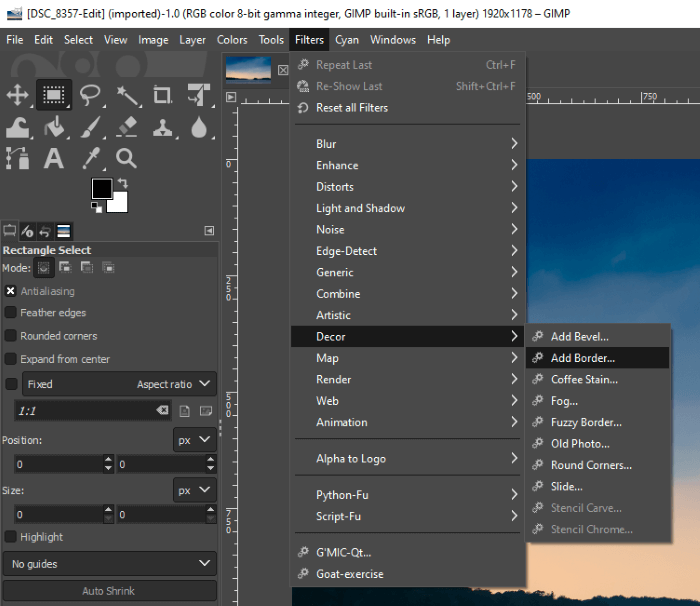
A houseplant garden might be one thing. However, a garden would be like your very own paradise. You are likely to have lots of questions if this is your first time having your own garden. There are many things you don't know about gardening, including where to start and what plants to grow. A few tips are essential for beginning gardeners. These tips will guide you through the process if your are unsure how to get started.
It is essential to determine the type of vegetables you wish to grow when planning your garden. For instance, if you're starting a vegetable garden, you may want to plant radishes. Peas are simple to grow and only require bamboo canes for support. Tomatoes can also be grown easily and make excellent container plants. If your climate is too warm or too cold, don't plant broccoli or cabbage. They can become too hot. Marigolds are a good choice for vegetables that can grow in hot climates. They repel pests and attract pollinators.

You should consider what type of plants are best for your garden. If you're a newbie, you may want to start with plants that will provide you with fresh vegetables all year round. You have two options: slow-growing plants like chard and kale and slower growing varieties like spinach and lettuce. Avoid planting too many plants in one area of your garden. This can cause problems later.
Another important consideration is the type of garden you want to grow. Most beginners plant too much and end up with an attic full of unusable vegetables. A small area like 10' x 10' is enough for a beginner garden and you'll be happy you did. You can choose three or five vegetables to grow in a container. The right varieties will help them grow faster.
Many novice gardeners overplant and end up with a lot of mess. You only need a tiny amount of space to grow vegetables and herbs. Start small. A 10 x 10 foot garden is approximately 100 square yards. You can plan your garden according to your needs if you aren't sure how much space you will need. You can choose three to five vegetables that you love. You can choose one or two plants if you aren’t sure what you want to plant.

The Beginner's Guide for Planting a Successful Garden, and Choosing a Few Flowering Plants is an identical book to Gardening step by step. These books contain many photographs and tips for beginners. It is important that you choose a book about gardening that is easy-to-read. And if you're not into growing your own vegetables, try to buy a garden book that contains a few fruit trees.
FAQ
How do you prepare soil for a vegetable gardening?
Preparing soil for a vegetable garden is easy. The first step is to remove any weeds that may be in the area where your vegetable garden will be planted. You can then add organic matter, such as composted cow manure, leaves and grass clippings. Let the plants grow by watering well.
Do I need any special equipment?
You're not wrong. You only need a trowel, shovel, watering can, and a rake.
Can I grow vegetables indoors?
Yes, you can grow vegetables indoors during winter. You will need to purchase a greenhouse or grow lights. Before buying a greenhouse, check with your local laws.
What is the purpose of a planting calendar?
A planting calendar lists the plants that should all be planted at various times during the year. The goal is to maximize growth while minimizing stress for the plant. The last frost date should be used to sow early spring crops, such as spinach, lettuce, and beans. Later spring crops include cucumbers, squash, and summer beans. Fall crops include carrots, cabbage, broccoli, cauliflower, kale, and potatoes.
Statistics
- Most tomatoes and peppers will take 6-8 weeks to reach transplant size so plan according to your climate! - ufseeds.com
- As the price of fruit and vegetables is expected to rise by 8% after Brexit, the idea of growing your own is now better than ever. (countryliving.com)
- Today, 80 percent of all corn grown in North America is from GMO seed that is planted and sprayed with Roundup. - parkseed.com
- 80% of residents spent a lifetime as large-scale farmers (or working on farms) using many chemicals believed to be cancerous today. (acountrygirlslife.com)
External Links
How To
How can I keep weeds away from my vegetable gardens?
Growing healthy vegetables is difficult because of weeds. They can compete for water and nutrients, sunlight, space, and other resources. These are some tips to prevent them from taking control of your garden.
-
Take out all flowering plants
-
Clean up any plant debris at the base
-
Mulch
-
Water regularly
-
Rotate crops
-
Don't let grass grow for too long
-
Keep soil moist
-
Plant early
-
Harvest often
-
Add compost
-
Avoid chemical pesticides
-
Organic vegetables are best
-
Buy heirloom seeds
-
Start small
-
Learn about companion planting
-
Be patient
-
Enjoy gardening!